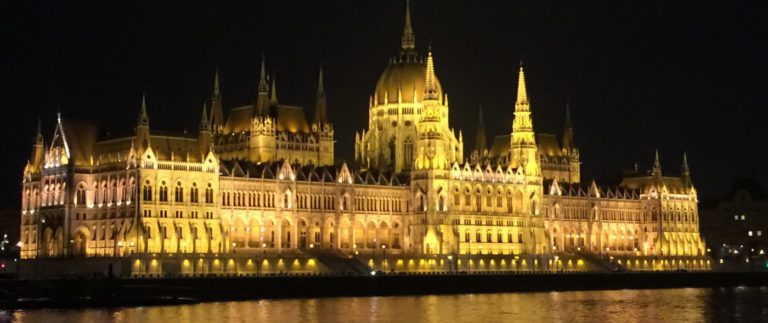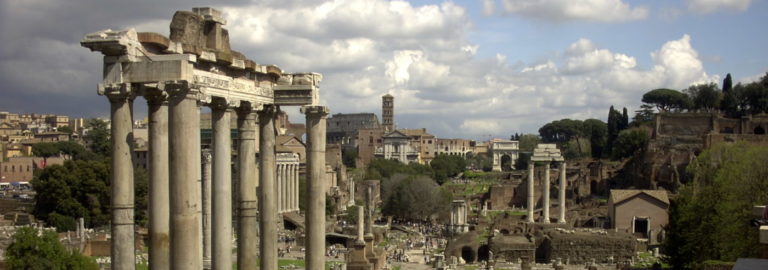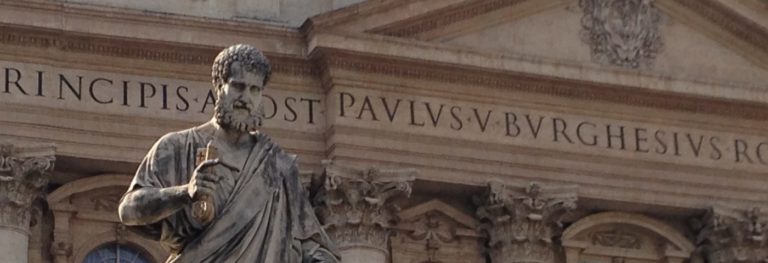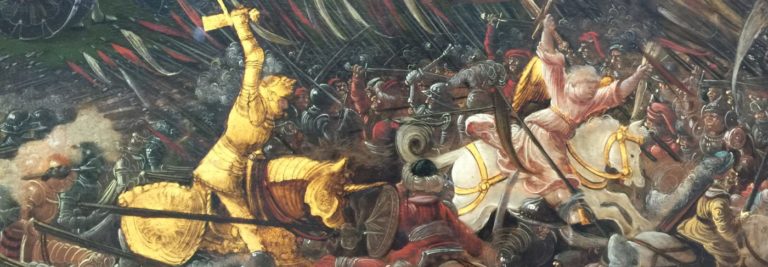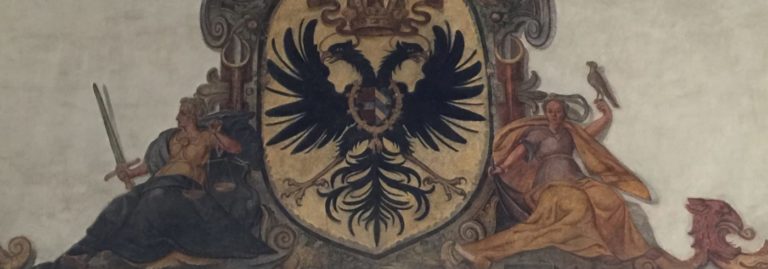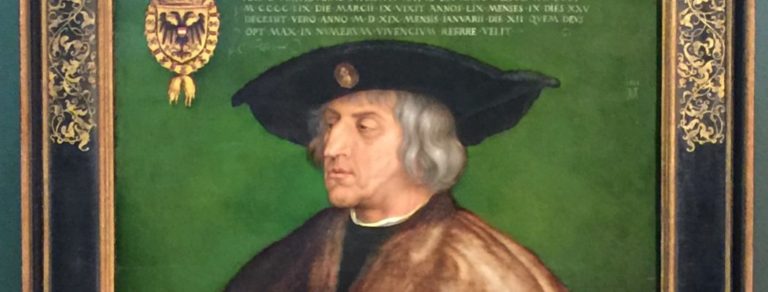Your European River cruise will take you to some of the most important cultural capitals on the continent. Be prepared to march through mythology, the bible, and European history in some of the world’s most impressive art collections. Here are the most famous museums, palaces and churches and some of their most notable artists for your reference. If you have a favorite artist or genre, you may wish to do a little more homework about the various collections.
Amsterdam
Rijksmuseum: Must-see, Rembrandt, including the famous “Night Watch”, Vermeer, Van Gogh, Goya, Hals
Van Gogh Museum: The largest collection of van Gogh, plus Gauguin, Manet, Monet, Rodin, Lautrec
Stedelijk Museum: European Modern, with Picasso, Chagall, Braque, Calder, Cezanne, Kandinsky, Matisse,
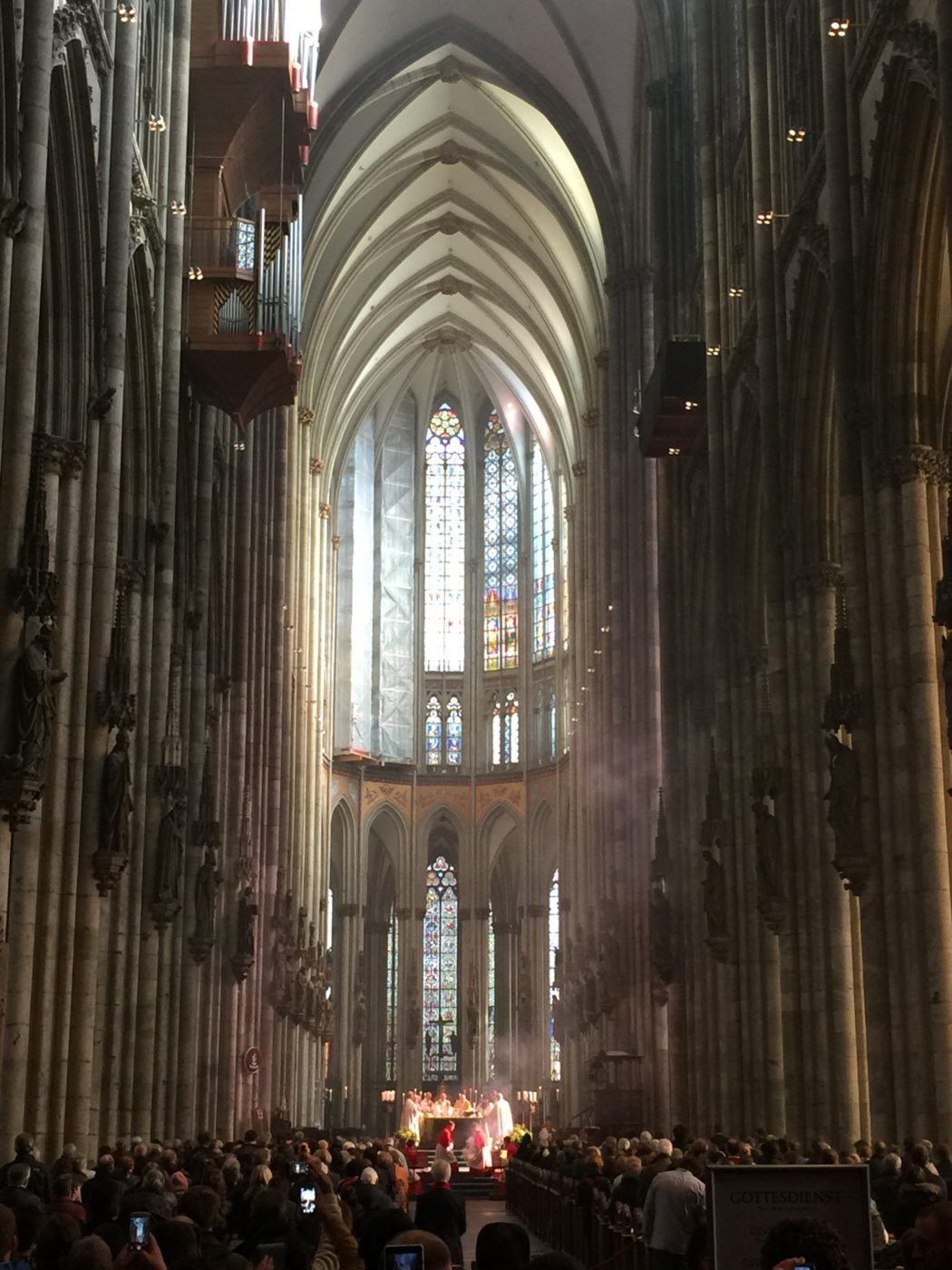
Dusseldorf
Kunstsammlung Museum: Modern, with Picasso, Kandinsky, Pollock, Klee
Kunstmuseum: Ruben’s stunning “Assumption”, among other German artists
Cologne
Schnutgen Museum of Religious Art: Stunning medieval art presented in the 1,000 year old Church of St Cecilia
Cathedral: Must-see, an architectural wonder and the most visited site in Germany, including the shrine of the Three Kings
Bruhl
Augustusburg Palace: UNESCO World Heritage Site, masterpiece of Rococo architecture and gardens
Max Ernst Museum: A collection dedicated to Max Ernst
Bonn
Beethoven Haus: Birthplace of the composer
Andernach
Maria Laach Abbey: German Romanesque architecture, from the 11th Century.
Koblenz
Archbishop’s Residence: UNESCO World Heritage site, neo-classical architecture, late 18th century.
Mainz
St Stephens: 14th Century Gothic church, Chagall Old Testament stained glass windows
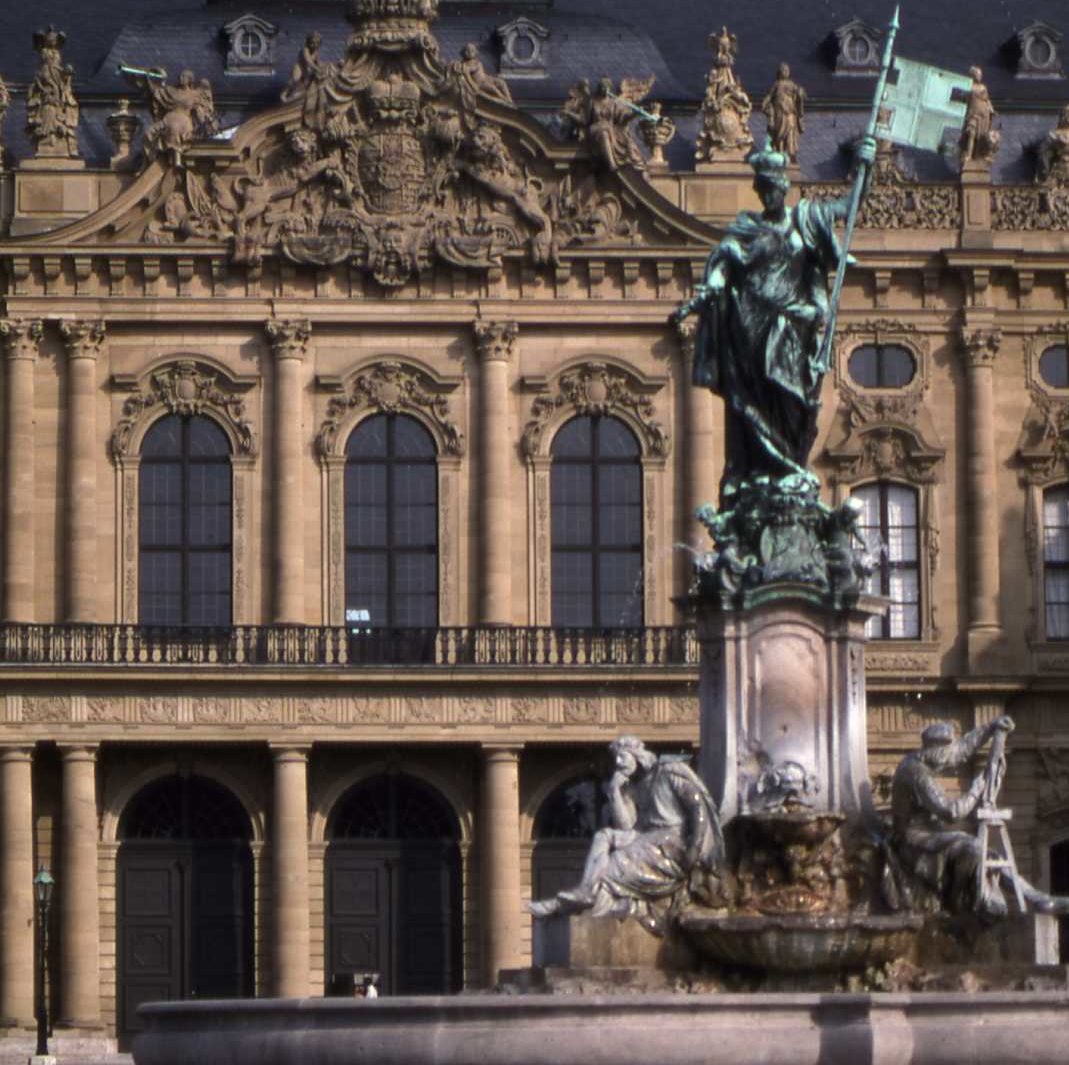
Frankfurt
Stadel Art Gallery: Rubens, Rembrandt, Durer, Botticelli, Bosch, Picasso, Rodin, Monet, Renoir
Aschaffenburg
Stiftsmuseum: Housed in a medieval convent, works by Cranach and Riemenschneider
Schlossmuseum: The massive Archbishop’s residence, Cranach and other local artists
Wurzburg
Residenz: Must-see, Bishop’s palace, architecture by Neumann, frescoes by Tiepolo
Marienburg Castle: Fortress and Bishop’s residence
Church of St Mary: Neumann and Riemenschneider
Nuremberg
Nuremburg National Art Museum: Durer’s Charlemagne, (shown above), Cranach, Medieval masters
Passau
Cathedral of St Stephen: Baroque interiors and an incredible organ
Linz
Cathedral: Known for its stained glass
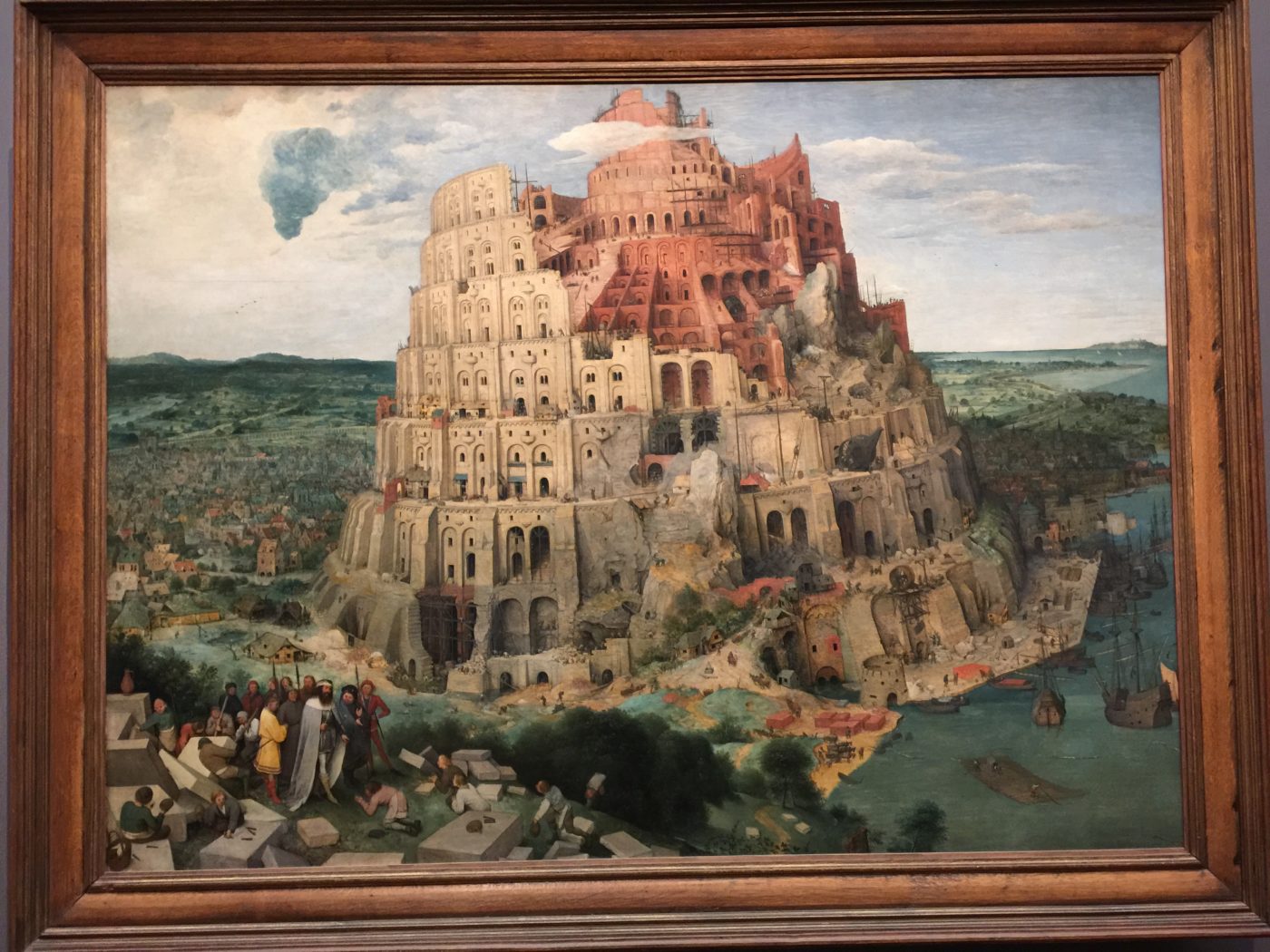
Vienna
Cathedral of St Stephen: Must-see, Romanesque/Gothic architecture, art and iconography reflecting Western and Byzantine religious themes and the Muslim sieges of Vienna.
Hofburg Palace: The sumptuous winter palace of the Hapsburgs
Schonbrunn Palace: Must-see, The sprawling summer palace of the Hapsburgs
Kunsthistoriches Museum: Must-see, Titian, Tintoretto, Durer, Rubens, Raphael, Rembrandt, Vermeer, Velazquez
Upper Belvedere: Klimt’s “The Kiss”, Monet, Van Gogh, Cezanne, Canova, David, Munch, Renoir, Toulouse-Lautrec, Raphael, Titian
Bratislava
Cathedral of St Martin: Romanesque/Gothic architecture, coronation site for Hungarian kings
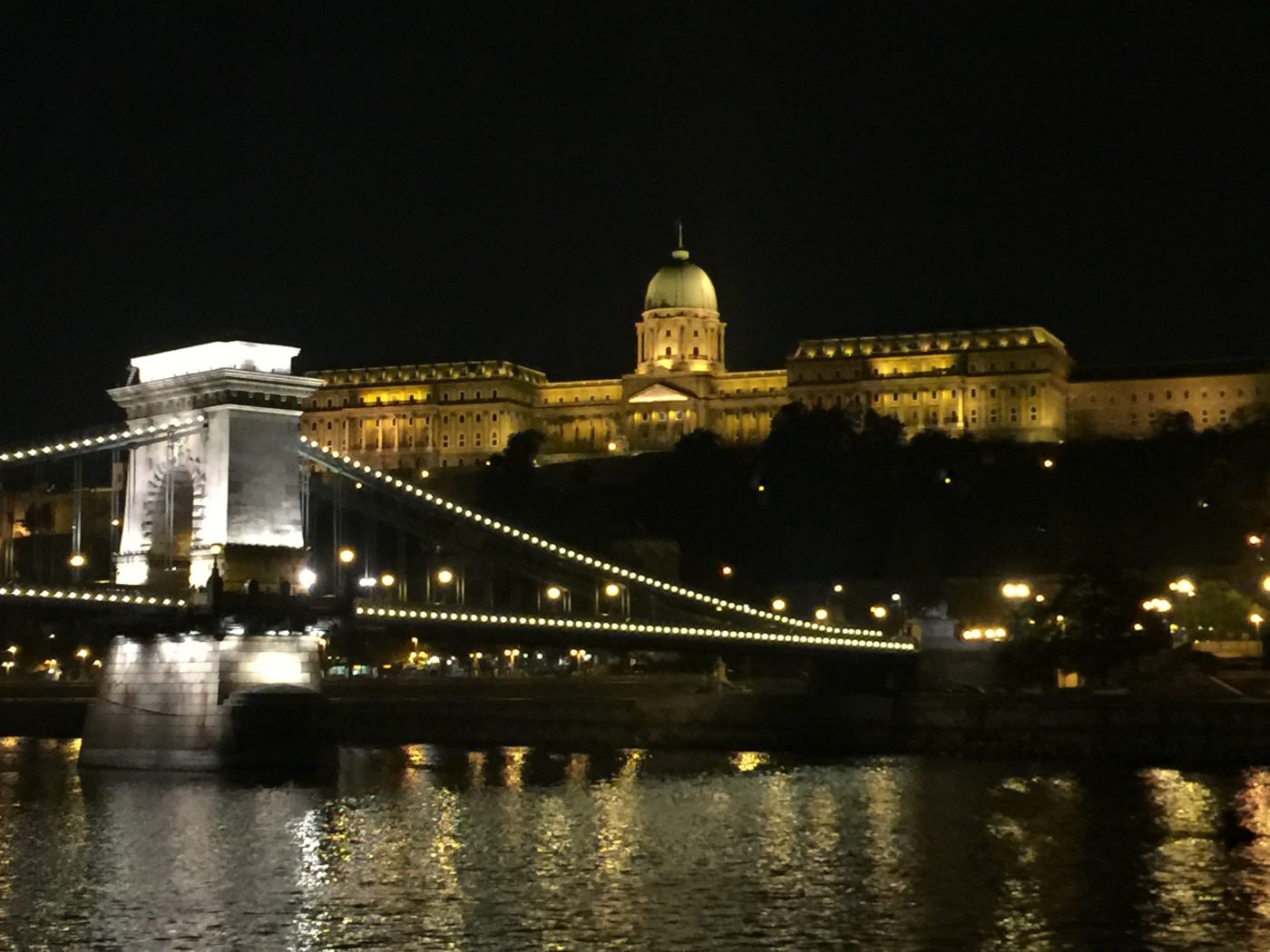
Budapest
Buda Castle and Castle Hill: UNESCO World Heritage Site, Baroque architecture and ornamentation
Museum of Fine Arts: Titian, Tintoretto, Tiepolo, Durer, Rubens, El Greco, Goya, Velazquez, da Vinci
Dohany Street Synagogue: Largest in Europe, distinctive architecture
Belgrade
Cathedral Church of St Michael the Archangel: Ornate interior decoration and iconography
Cathedral of St Sava: Largest Orthodox church in the world, interior still under construction
Bucharest
National Museum of Art: Tintoretto, El Greco, Rembrandt, the Brueghel’s, Rubens, Monet, Rodin
Zambaccian Museum: Renoir, Matisse, Delacroix, Cezanne, Pissarro, and Romanian artists

